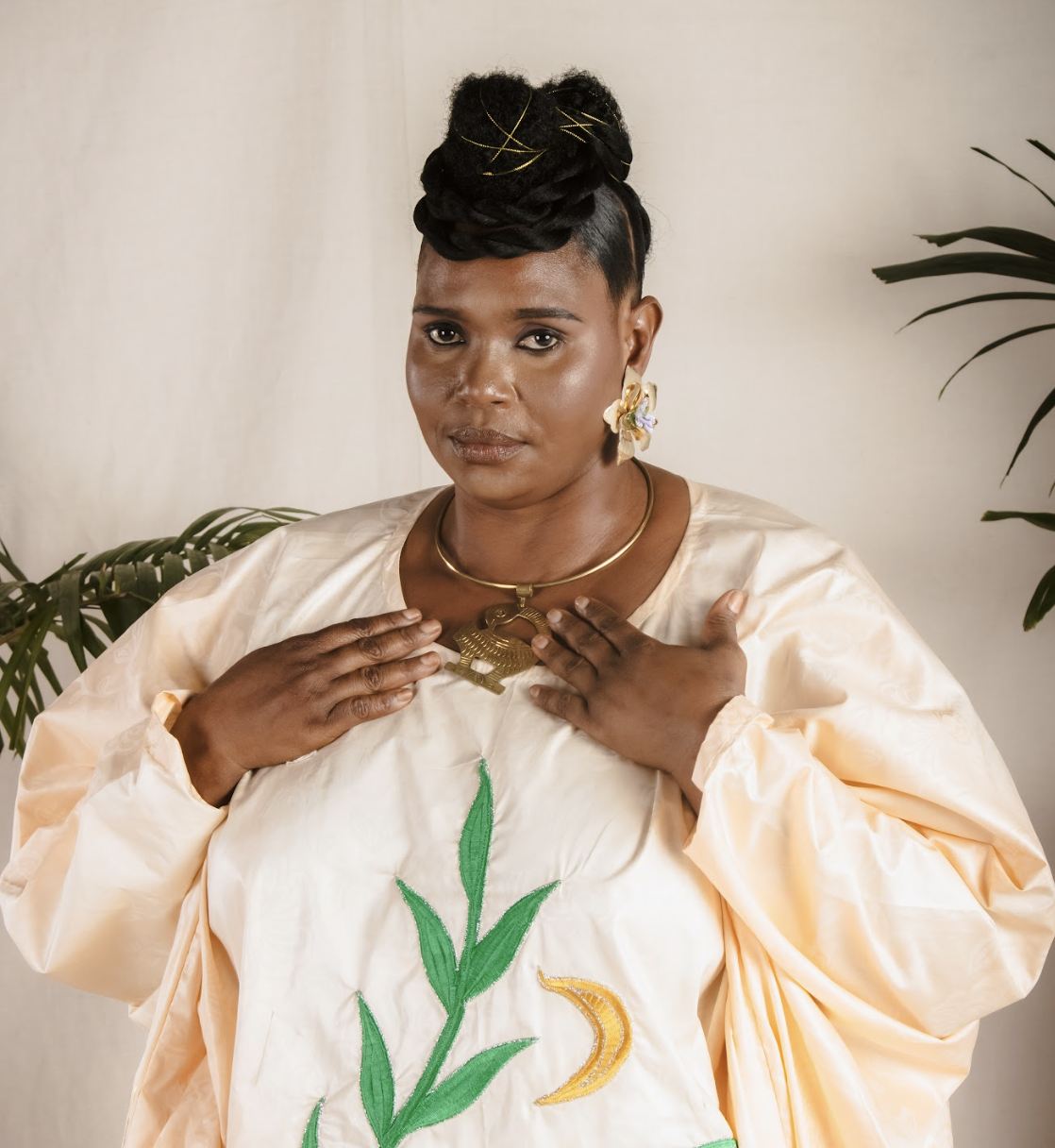Haja Tucker - The Walking Womb
For much of her life, Haja lived with pain that refused to be named.
Month after month, her body was drained by heavy bleeding that stretched far beyond the bounds of what anyone called “normal.” At times she was too weak to move, other times the clots and cramps left her doubled over. Yet instead of answers, she was given explanations that only deepened her confusion.
“They told me my womb was walking,” she remembers, “that it was a sign it wanted a child.” In a culture where silence often surrounds women’s bodies, her symptoms were brushed aside as spiritual, even fated. The words carried poetry, but they offered no relief.
Haja endured. She went through years of uncertainty, forced to carry both the physical weight of her symptoms and the quiet loneliness of not being believed. “I knew something was wrong,” she says, “but I had no proof, and no one would tell me what it was.”
When the diagnosis finally came, the truth was both devastating and liberating. Fibroids. The name for the years of bleeding, pain, and exhaustion. For the first time, her suffering had a cause. But diagnosis alone did not bring peace. With it came decisions that would reshape her life.
Doctors advised surgery, and after long reflection, Haja agreed to a hysterectomy. It was not a step she took lightly. It was the closing of one chapter of her body’s story, and the beginning of another. “I wanted to live without the pain,” she explains. “I wanted to feel like myself again.”
The path to healing was not straightforward. It meant grappling with what her body had endured, and what it meant to move forward without the womb that had been at the center of her identity for so long. Yet in sharing her story, Haja is not asking for pity. She speaks to be understood.
Her words carry both caution and courage. Caution, because no woman should have to wait so long for answers. Courage, because telling her truth breaks the silence that held her captive for years.
“I want people to know we deserve to be taken seriously,” she says. “Pain is not just part of being a woman. It means something, and it should be seen for what it is.”
Haja’s journey is a reminder of what is at stake when women’s voices are unheard. It is also a testament to her strength, her clarity, and her refusal to be defined by silence.

